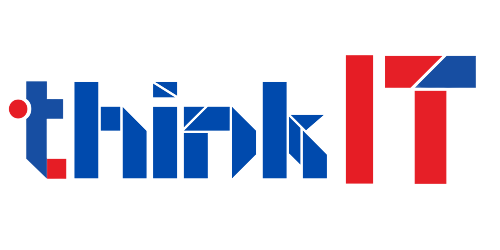
TECH FOR SOCIAL GOOD
In Uganda, technology is emerging as a powerful tool to address a variety of social issues, ranging from healthcare and education to environmental sustainability. Various tech initiatives led by local NGOs, social enterprises, and government agencies are making significant strides in improving the lives of Ugandans. This blog will explore how these technological advancements are being harnessed for social good in Uganda . The concept of “Tech for Social Good” encompasses a broad range of initiatives and innovations that leverage technology to create positive social impact. It includes efforts by governments, non-governmental organizations (NGOs), social enterprises, and grassroots movements that utilize digital tools and platforms to enhance the quality of life for Ugandans. From mobile health applications that provide real-time data on disease outbreaks to educational programs that use tablets to improve literacy rates in remote areas, technology is playing a critical role in addressing the unique challenges faced by the country.
Healthcare in Uganda has seen significant improvements through tech-driven initiatives. One of the most significant impacts of technology in Uganda is in the healthcare sector. These innovations not only enhance the efficiency and reach of healthcare services but also save lives by enabling faster and more accurate diagnosis and treatment.
The mTrac system, launched by the Ministry of Health with support from UNICEF, uses SMS technology to collect and analyze health data from across the country. This platform enables real-time reporting on disease outbreaks, medicine stock levels, and other critical health metrics, allowing for rapid response and improved health service delivery (UNICEF, 2021). By leveraging mobile technology, mTrac has enhanced disease surveillance and facilitated better management of medical supplies, which is crucial for a country with many remote and hard-to-reach areas.
Another notable innovation is Matibabu, a startup that has developed a non-invasive device for malaria testing. This device uses light and magnets to detect malaria parasites in the blood, providing a quick and painless alternative to traditional blood tests. Matibabu’s technology is particularly beneficial in rural areas where access to healthcare facilities is limited, thereby increasing the accessibility and efficiency of malaria diagnosis and treatment (Matibabu, 2021).
Education is another sector where technology is making a profound impact and is also playing a pivotal role in improving education in Uganda. The Teach the World Foundation has implemented tablet-based learning programs designed to enhance literacy and numeracy skills among children in underserved communities. These programs provide interactive and engaging educational content, making learning more accessible and effective, especially in remote areas (Teach the World Foundation, 2021). By integrating technology into the education system, Teach the World Foundation is helping to bridge the gap between urban and rural educational opportunities. The value of work lies in affecting the lives and future of others.
Additionally, U-Report, an SMS-based platform developed by UNICEF, empowers young people in Uganda to voice their opinions on various social issues, including education. This platform gathers feedback from youths and uses it to inform policy decisions and improve educational services. By giving young people a platform to express their views, U-Report promotes greater community involvement and responsiveness in the education sector (UNICEF, 2021).
Environmental sustainability is another area where technology is making a significant impact in Uganda. Solar Sister is a social enterprise that empowers women to become entrepreneurs by selling solar-powered products in their communities. These products, which include solar lamps and phone chargers, provide clean and affordable energy solutions, reducing reliance on kerosene lamps and other harmful energy sources (Solar Sister, 2021). By promoting the use of solar energy, Solar Sister not only addresses energy poverty but also supports environmental sustainability and women’s empowerment.
Ecoplastile is another innovative startup that addresses the issue of plastic pollution by recycling plastic waste into durable construction materials such as roofing tiles and paving blocks. This initiative not only reduces environmental pollution but also provides affordable building materials and creates job opportunities in waste collection and recycling (Ecoplastile, 2021). By converting plastic waste into valuable resources, Ecoplastile contributes to both environmental sustainability and economic development.
The initiatives highlighted in this exploration of “Tech for Social Good” in Uganda demonstrate the potential of technology to drive significant social change and address some of the country’s most pressing issues. By addressing key areas such as healthcare, education, and environmental sustainability, these tech solutions are not only improving immediate outcomes but are also paving the way for long-term sustainable development and laying the groundwork for long-term social and economic development. As Uganda continues to embrace digital innovation and technology continues to evolve, the possibilities for leveraging technology to enhance social good are boundless and its capacity to create positive change in Uganda will undoubtedly expand offering new hope and opportunities for millions of Ugandans.



Leave a Reply